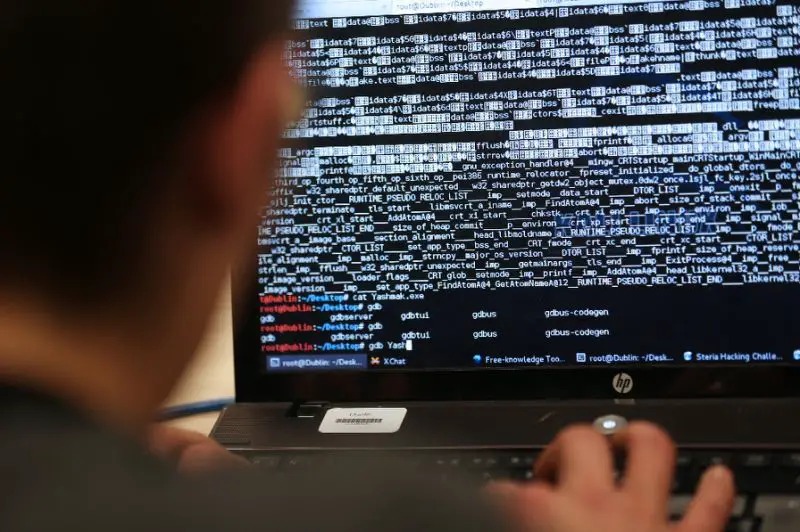There have been a lot of infiltration issues revolving the Philippine government. As a matter of fact, just January of this year, the Department of Foreign Affairs told everyone that a third party passport maker company allegedly stole information from millions of Filipinos. From this, the Department of Information and Communications Technology wanted a far better and a more secure technological environment.

However just today, there were news that the website of the Armed Forces of the Philippines (AFP) had another unwanted guest. Senator Sherwin Catchalian immediately called the Department of Information and Communications Technology (DICT) to exhaustively investigate and look into the hacking of government and AFT websites. This, apparently, was some sort of an April Fool’s joke last Monday, the 1st of April 2019.
Which websites were involved?
Several government websites along with other military and education institutions’ websites were penetrated by Filipino hacking groups with, of course, help from other international groups.
Read: 81, 000 Accounts’ Private Messages Being Sold by Facebook Hackers
Pinoy LulzSec, which is a black hat computer hackers society, was the one who was reported to have hacked these government websites. They made a post on Twitter about how it’s fun and entertaining to hack secured military servers.
Isn’t it funny and challenging to do when you hacked secured military servers and dump the database?”
Senator Gatchalian raised and heightened the alarm that the group was successful in hacking and defacing these websites, including the website of the nation’s army, he said. In addition to that, he also noted that the government should take necessary steps in affixing these information structures and the networks of the Philippine government.
“Let us not forget that they are the same group that leaked the Comelec database in 2016, exposing voters’ private data to the world wide web. It bears pointing out that even the official senate website does not currently use a secure connection.”
What actions did the AFP do when they found out about this?
As of this current moment, the AFP has already started to look into the report which said that hackers were able to infiltrate its database and was able to access information of up to a total of 20, 000 military personnel.
Read: Change Your Password Now Because Facebook Stored Passwords in Plaintext
Col. Noel Detoyato, AFP Public Affairs Office Chief, said that he would be forwarding this specific incident to the Communications Electronics and Information Systems Service, care of the Armed Forces of the Philippines (AFP).
Data that was stolen
Pinoy LulzSec, together with other hacking parties such as FilTech Hackers Philippines, and Pinoy ClownSec, exposed over hundreds of private and government firms with the personal Facebook pages of the people involved.
They targeted government agencies, private firms, and learning and educational institutions’ websites and servers. They accessed personal information and missions of some 20, 000 personnel.
Pinoy LulzSec said that they were able to locate a weak link in the main database and server of the AFP. This, apparently, allowed their members to download the complete names of the military personnel, their units, positions, serial numbers, classes, and courses.
Read: Globe’s Data Breach – Almost 9000 Subscribers Affected
Other than these known institutions, Pinoy LulzSec also downloaded the databases of the Technological University of the Philippines (TUP) Taguig and the Ateneo de Zamboanga University.
The DICT, along with other government agencies, should take this as a warning that all of the government databases should have strict and strong security and protection.
Last March of the year 2016, the same group was able to leak and broadcast data of millions of Filipino voters. What did they do? Well, they just published their information online and made it readily available for downloading.
The Commission on Elections (COMELEC), despite the penetration of their website, assured all Filipino voters and the public that the security of their automated elections system would not and would never be affected.
Read: Cathay Pacific Says Sorry About the Data Breach, Denies that they’re Covering it up
Later on, Anonymous Philippines claimed responsibility in the hacking of the poll body’s website. Pinoy LulzSec, on the other hand, leaked information of about 55 million registered voters.
The government should have some serious work in maintaining and in ensuring that their websites and servers are secure. Hopefully, the DICT makes proper actions to ensure that information of the people won’t be infiltrated.